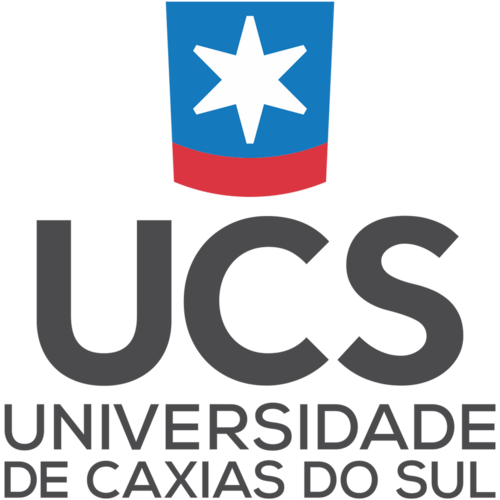Dr. Guilherme Brambatti Guzzo and I had the opportunity to visit the public high school specializing in bilingual education for deaf students, Helen Keller, in Caxias do Sul, as well as return twice to classrooms of the Youth and Adult Education (YAE) program. During these visits, we delivered an engaging and interactive workshop on how to identify and critically evaluate fake news on the Internet.
Our goal was to empower students with digital literacy skills, promote critical thinking, and discuss the broader implications of misinformation in today’s media landscape. We explored practical tools and strategies for verifying online information, recognizing manipulation tactics, and understanding the role of algorithms in shaping what we see online.
It was an incredibly rewarding experience — both in sharing knowledge and in learning from the diverse perspectives of students, many of whom brought insightful questions and real-life examples from their own online experiences.
The workshop covered:
- Common pitfalls when navigating Internet.
- Interactive activities to assess in real-time whether we can confidently identify Fake News on the Internet (spoiler alert: no, we can’t!)
